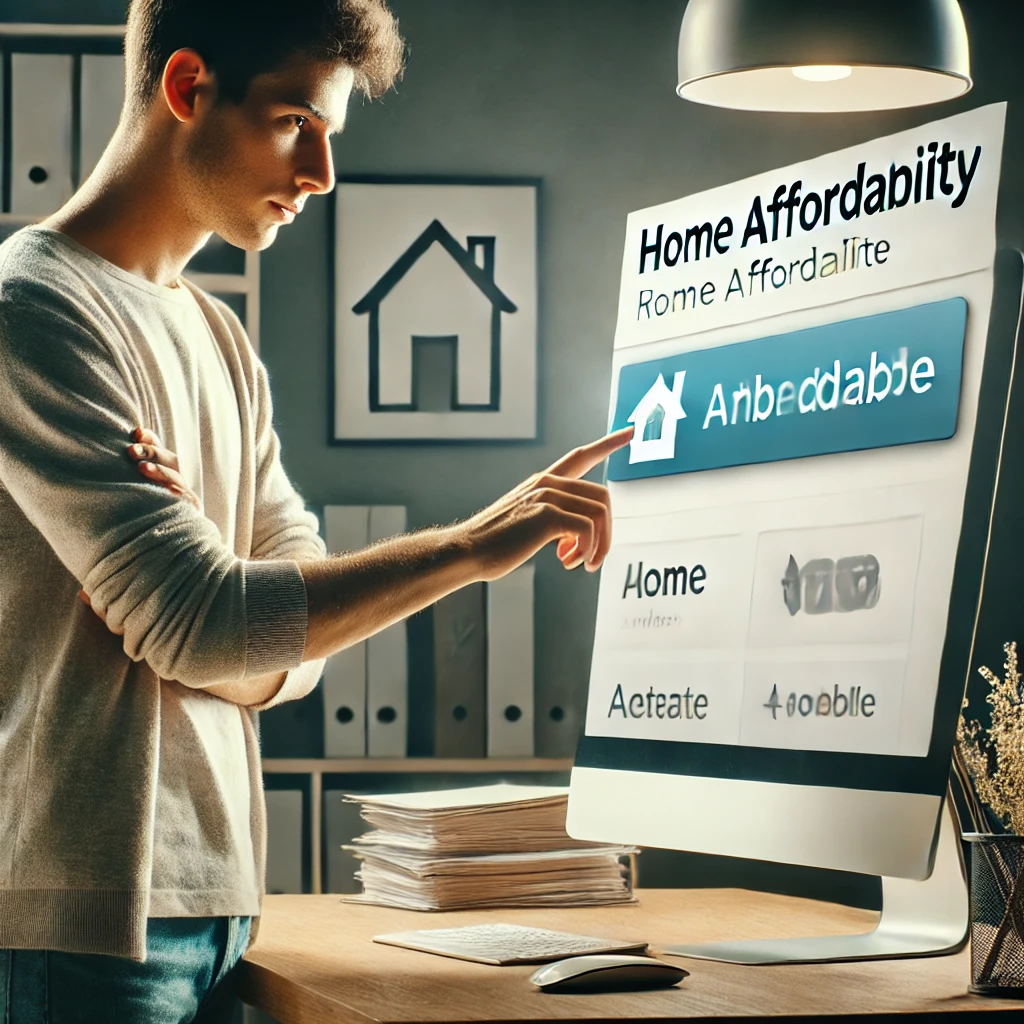Frequently Asked Questions
How much money should I save before buying a home?
Financial experts recommend saving at least 20% of the purchase price for a down payment to avoid private mortgage insurance (PMI). However, many buyers, especially first-timers, purchase with as little as 3-5% down. Beyond the down payment, you should also save for closing costs (typically 2-5% of the loan amount), moving expenses, and an emergency fund covering 3-6 months of housing payments. As Dave Ramsey suggests, having your financial house in order before buying a physical house is crucial for long-term success. Use our Affordability Calculator to determine what you can realistically afford based on your current financial situation.
What's the difference between pre-qualification and pre-approval?
Pre-qualification is an informal estimate of how much you might be able to borrow based on self-reported financial information. It's quick but carries little weight with sellers. Pre-approval, on the other hand, involves a formal application process where lenders verify your credit, income, and assets. This results in a conditional commitment to lend a specific amount. In competitive markets, a pre-approval letter significantly strengthens your offer and demonstrates to sellers that you're a serious buyer. Consider getting pre-approved before you start viewing properties to know your exact budget and streamline the purchasing process.
How do rising interest rates affect my home buying power?
Interest rates directly impact your monthly mortgage payment and overall buying power. For example, a 1% increase in interest rates reduces your buying power by approximately 10%. If you could afford a $400,000 home at a 4% rate, you might only qualify for a $360,000 home at 5%. Current prime rates (5.25% in the US and 4.75% in Canada as of April 2025) are important benchmarks, but your actual mortgage rate will depend on your credit score, down payment, and loan type. Use our Mortgage Calculator to see how different interest rates affect your monthly payments and to determine the right time to buy based on market conditions.
What should I look for during property inspections?
A professional home inspection is essential, even for new construction. Key areas to examine include the roof, foundation, electrical systems, plumbing, HVAC, and potential water damage or mold. Don't hesitate to attend the inspection and ask questions. Beyond the technical inspection, consider visiting the property at different times of day to check for noise levels, traffic patterns, and neighborhood activity. For older homes, specialized inspections for radon, lead paint, or pests might be advisable. Remember that no house is perfect, so focus on differentiating between cosmetic issues and significant structural problems that could be costly to repair.
What are closing costs and who pays them?
Closing costs are the fees and expenses paid at the finalization of a real estate transaction. These typically include loan origination fees, appraisal fees, title insurance, attorney fees, recording fees, and prepaid items like property taxes and homeowners insurance. In most cases, buyers pay the majority of closing costs, averaging 2-5% of the loan amount. However, closing cost responsibilities can be negotiated between buyers and sellers. In some markets, it's common for buyers to ask sellers to contribute toward closing costs, especially in buyer-friendly conditions. Your lender will provide a Loan Estimate and later a Closing Disclosure that details all costs involved.
How do I make a competitive offer in a hot market?
In competitive markets, having a strong pre-approval letter is essential. Consider offering earnest money above the standard amount to show your commitment. Limiting contingencies can make your offer more attractive, though this should be done cautiously with professional guidance. Personal touches like a letter to the seller describing why you love their home can sometimes make a difference. Being flexible with closing dates to accommodate the seller's timing needs can also give you an edge. Work closely with your real estate professional to craft an offer that's competitive without overextending your budget or removing important protections.
Should I buy a fixer-upper or move-in ready home?
This decision depends on your budget, timeline, skills, and tolerance for disruption. Fixer-uppers typically cost less upfront but require additional investment in renovations. They can be good options if you have renovation skills, access to reliable contractors, or time to oversee projects. Move-in ready homes cost more initially but allow immediate occupancy without the stress of renovations. Consider financing options like FHA 203(k) loans that combine purchase and renovation costs if you choose a fixer-upper. Be realistic about renovation costs—they often exceed initial estimates by 10-20%. Whichever you choose, ensure the location meets your long-term needs, as this is the one thing you cannot change.
What are common first-time homebuyer mistakes to avoid?
As Dave Ramsey advises, avoid stretching your budget beyond comfortable limits. Other common mistakes include skipping pre-approval, underestimating additional costs beyond the mortgage, rushing the decision without adequate research, waiving inspections, failing to shop around for loans, neglecting to check out the neighborhood, and making major financial changes during the buying process. Many buyers also fail to consider future needs, buying for their current situation without accounting for potential family growth or lifestyle changes. Remember that patience is valuable—waiting for the right property at the right price is often wiser than rushing into a purchase you might regret. Use our step-by-step guide to ensure you don't miss important considerations during your home buying journey.



